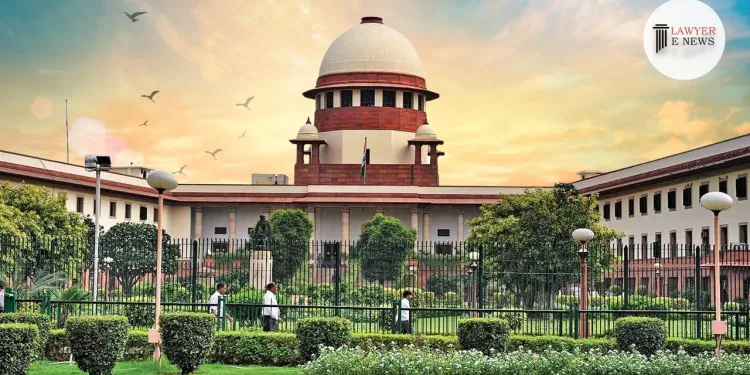No Bar on Levying Sales Tax on Silk Sarees: Supreme Court Upholds Delhi Government’s Stance”

In a pivotal decision by the Supreme Court of India, the appeal of ‘Saree Sansar’ against the Delhi Government’s sales tax imposition on silk sarees was dismissed. The case, presided over by Justices Abhay S. Oka and Sanjay Karol, revolved around the contention of the appellant regarding the levying of state sales tax on silk sarees, which the appellant argued was not permissible under the Additional Duties of Excise (Goods of Special Importance) Act, 1957 (ADE Act) and certain constitutional provisions.
The appellant, Saree Sansar, challenged an assessment order that imposed a 12% state sales tax for the period from January 15, 2000, to March 31, 2000. They argued that silk sarees, being “declared goods” under the ADE Act, should not be subject to state sales tax. Additionally, they claimed that the rate should not exceed 4% as per Section 15(1) of the Central Sales Tax Act (CST Act).
The respondents countered that since silk fabric was removed from the declared goods list under Section 14 of the CST Act in 1968, there was no restriction on levying a higher tax rate. Furthermore, they argued that the additional duty on silk sarees was nil, thus not contributing to the share of Delhi in the ADE Act proceeds, justifying the state’s tax imposition.
In its assessment, the Supreme Court observed that the deletion of silk fabric from the declared goods under Section 14 of the CST Act post-May 1968 removed the cap on the sales tax rate, rendering the argument based on Section 15(1) of the CST Act inapplicable. Regarding the ADE Act, the Court noted that no additional duty was payable on silk sarees, and thus, the proviso allowed states to levy sales tax without sharing the additional duty proceeds. This, the Court found, nullified the appellant’s argument against the tax imposition.
Ultimately, the Court upheld the Delhi High Court’s decision, finding no error in its judgment. The appeal was dismissed with no orders as to costs.
Date of Decision: March 21, 2024
Saree Sansar vs. Govt. of NCT of Delhi & Ors.






